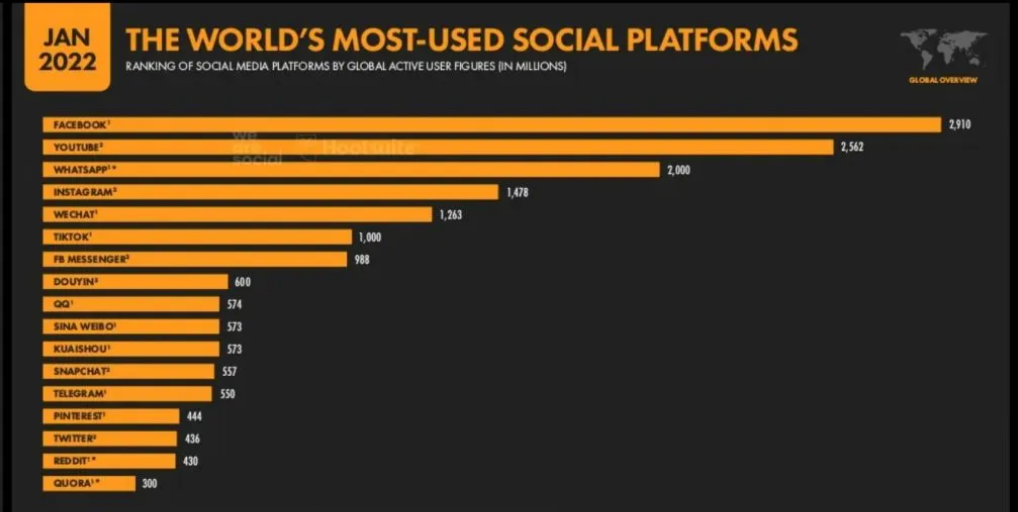Mastering WhatsApp Hack Defense: Your Comprehensive Guide to Digital Security
Survival Guide for WhatsApp Hacking|Your Everyday Digital Security Handbook
In this blog, we delve deep into the intricacies of the WhatsApp hack, unraveling the techniques employed by cyber adversaries and, most importantly, empowering you with the knowledge to fortify your digital fortress.
Let's navigate the labyrinth of digital security together, with a focus on understanding, preventing, and responding to the persistent specter of WhatsApp hack.
Have you ever encountered a situation where a "family member account" messages you on WhatsApp, asking you to send them 300k (or more)? Even though the profile pictures, numbers, and everything else seem identical, it's actually a WhatsApp scam.
Have you received messages on "how to hack a WhatsApp account"? Shortly after, they send you a so-called "tutorial link."
Have you ever received a call while you were in the office from someone claiming to be in the same alumni group, stating there's a Zoom meeting, a code has been sent to you, and you should use the same code to join?
Have you experienced a WhatsApp QR code leak? Within a minute, your entire contact list is accessed by strangers.
Beware! These are all WhatsApp hacking tactics!
They may be designed to turn you into an online victim who loses money.
Especially for those doing business on WhatsApp, adding so many contacts every day may encounter situations where their accounts are hacked and blocked. You can download our practical WAPlus CRM for free; we can help you add an extra layer of protection against WhatsApp hackers.

Part 1: In-Depth Understanding of Hacker Tactics
1.1 Phishing Attacks: Hackers excel at creating a trust scenario through false information, guiding users to click malicious links. We need to delve into this tactic to better identify and prevent such attacks.
1.2 Social Engineering: Utilizing personal social information for attacks is a common hacker tactic. Through a deep understanding of this approach, we can better protect our privacy.
1.3 Charity Scams: Hackers are adept at exploiting people's kindness by posing as relatives in urgent need, aiming to steal financial information. In our security strategy, special attention must be paid to such attacks.
1.4 Scam Examples:
01) Family Charity Scam: Impersonating a family member urgently in need of funds through social engineering to lure you into transferring money. We must learn to recognize this tactic to ensure we don't become the next target.
Sending false gift card information to induce you to click a link. We must stay vigilant to avoid unknowingly disclosing personal information.
QR Code Scams: Hackers send QR codes, guiding you to scan for prizes, but in reality, they're obtaining your personal information. We need to stay away from these seemingly enticing QR codes.
Tech Support Scams: Posing as WhatsApp customer service, inducing you to provide personal information. We must verify channels to avoid falling into technical support traps.
Unauthorized Verification Code Scams: Scammers claim an error in entering your number, requesting you to provide a verification code. We must adhere to the principle of not sharing verification codes to prevent hacker attacks.
Lottery and Gift Scams: Receiving messages about winning a lottery or prize. We must maintain rational thinking and not easily trust these overly promising commitments.
Encryption App Scams: Scammers send fake WhatsApp Gold version invitations. We must distinguish between genuine and fake, refraining from clicking on unfamiliar links.
Coupon Scams: Attempting to obtain personal information by sending false coupon links. We must stay alert at all times and keep away from such links.
Romance Scams: Attempting to gain money or personal information through fictional romantic relationships. We must be cautious in judgment to prevent romance scams.
Phone Transfer Scams: Fraudsters guide you to dial a specific number, actually initiating phone transfers. We must steer clear of such phone numbers to protect account security.
Wrong Number Scams: Scammers use "wrong number" scenarios to engage you in conversation, obtaining information through social engineering. We must refuse requests from strangers to protect personal information.
WhatsApp Gold Version Scams: By sending fake WhatsApp Gold version invitations, hackers attempt to guide you to download malicious software. We must adhere to the principle of not downloading unknown applications.
Charity Scams: Impersonating charitable organizations to deceive donations. We must participate in charity through official channels to avoid becoming victims of charity scams.

Part 2: Decoding Potential Risks to WhatsApp Accounts
2.1 Timely System Updates: Understanding how hackers exploit system vulnerabilities to infiltrate accounts. By installing timely system security updates, we can block these potential risks at an earlier stage.
2.2 Secure App Downloads: To eliminate the risk of downloading applications from unknown sources, we must maintain a high level of vigilance in app downloads. Only downloading apps from official app stores is an effective way to keep accounts secure.
2.3 Caution with Unknown Numbers and Unsafe Links: In our security strategy, we must strengthen our vigilance against unknown information and suspicious links, avoiding easy clicks to reduce the risk of account attacks.
Part 3: Detecting and Avoiding Signs of Hacker Attacks
3.1 Protect Verification Codes: Sharing verification codes is a common tactic in hacker attacks. By protecting verification codes, we can prevent hacker intrusions promptly.
3.2 Unusual Activity Notifications: Timely detection of account changes and notifying family and friends are crucial in preventing hacker attacks. Understanding how to spot unusual activities can better protect account security.
3.3 Wisdom in Registration Notifications: Enabling registration notification features to promptly discover attempts to register accounts with your phone number. This feature is a crucial guardian for our account security.
Part 4: Practical Security Measures
4.1 Granting Permissions Cautiously: Before installing applications, we must review the permissions requested by the app. Only granting necessary permissions can effectively reduce the risk of app misuse.
4.2 Strong Passwords and Two-Factor Authentication: By setting strong passwords and enabling two-factor authentication, we add multiple layers of security to our accounts. This is a fundamental measure to protect accounts in the digital age.
4.3 Encrypted Communication Apps: When choosing communication apps, we should prioritize those with end-to-end encryption, such as Signal and WhatsApp. Ensuring that our communication content is only readable by us and the recipient is the best protection for our communication privacy.

Part 5: Adaptable Responses and Action Plans
5.1 Regular Backup of Mobile Data: By regularly backing up mobile data, we can easily retrieve important information even if the phone is lost. This is a practical security measure in the digital age.
5.2 Installing Security Software: We need to use various security software, including antivirus software, anti-malware apps, and firewalls. These tools will build multiple layers of security for our accounts.
5.3 Physical Security Measures: Enabling automatic screen lock, safeguarding the phone, and considering physical security as the first step in digital security. This is the most basic guarantee for our digital security.
Are you new to WhatsApp CRM?
You need WAPlus - Best Free WhatsApp CRM Tool.
Create Your Free Account NOW.




















